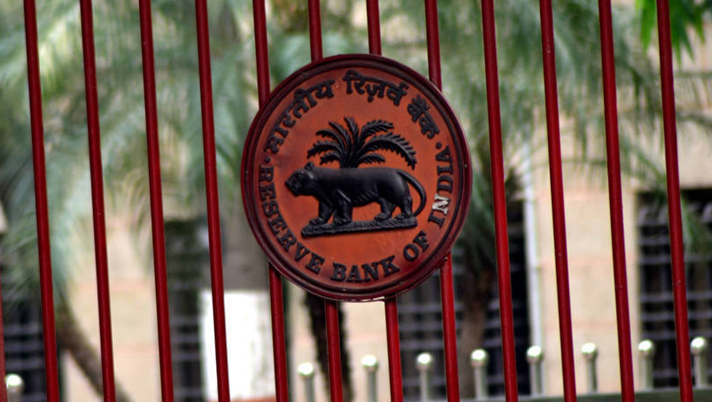RBI Rejects Annapurna Finance's Banking License Bid Again – What Does This Mean for NBFCs?

In a significant setback for Annapurna Finance and its private equity backers, the Reserve Bank of India (RBI) has, for the second time, rejected the company's application to establish a small finance bank (SFB). Annapurna Finance, backed by prominent investors including Piramal Alternatives, had hoped to join the ranks of SFBs, aiming to leverage its microfinance expertise to serve underserved populations.
Why the Rejection? While the RBI hasn't explicitly detailed the reasons behind the decision, sources suggest concerns around the company's asset quality and corporate governance practices may have played a role. This isn't entirely unexpected, as the RBI has maintained a cautious approach to granting banking licenses, particularly in the wake of past challenges faced by some newly licensed banks.
Annapurna Finance's Journey: A Look Back Annapurna Finance has been a notable player in the microfinance sector, providing loans and financial services to low-income individuals and small businesses. The company’s initial application for a banking license was submitted some time ago, and this second rejection marks a considerable hurdle in its growth strategy. The company has been working to strengthen its compliance and risk management frameworks in anticipation of another attempt.
Implications for the NBFC Sector This decision carries broader implications for the Non-Banking Financial Company (NBFC) sector, particularly those aspiring to become SFBs. It underscores the RBI's stringent requirements and the need for robust governance, strong asset quality, and a clear path to profitability. NBFCs seeking a banking license will need to demonstrate a commitment to these principles to gain regulatory approval. The RBI is clearly prioritizing stability and sound banking practices over rapid expansion.
What's Next for Annapurna Finance? While this rejection is a blow, it doesn't necessarily signal the end of Annapurna Finance's ambitions. The company could choose to address the RBI's concerns, strengthen its operations, and reapply for a banking license in the future. Alternatively, it may focus on its existing NBFC business and explore other avenues for growth. The company is expected to release an official statement soon outlining its future plans.
The Broader Banking Landscape in India The Indian banking sector is undergoing significant transformation, with a focus on financial inclusion and digital innovation. While the entry of new SFBs is welcomed, the RBI is keen to ensure that these institutions operate prudently and contribute to the overall stability of the financial system. This latest decision reflects that ongoing commitment.
Expert Opinions Analysts believe that the RBI's decision highlights the increased scrutiny on NBFCs seeking banking licenses. “The RBI is sending a clear message that it will not compromise on its standards for financial stability,” noted a leading financial analyst. This rejection serves as a reminder to all aspiring banks of the rigorous regulatory process they must navigate.
The situation will be closely watched by other NBFCs with similar ambitions, as it provides valuable insights into the RBI's expectations and the challenges involved in securing a banking license in India.






